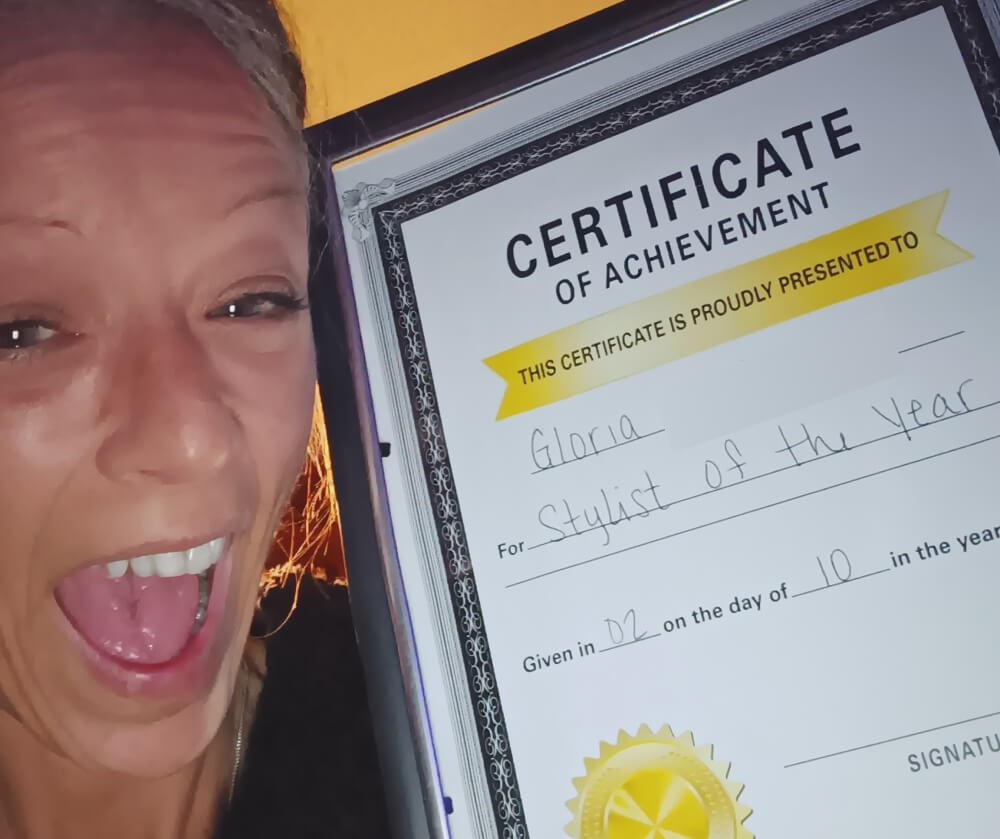When you’re feeling sick, staying sober can seem challenging. But you can stay sober even under the weather.
When I’m feeling sick, I often feel like I’m back in early sobriety. After a decade of recovery, I am usually fluent in understanding and overcoming my triggers. For me, staying sober is largely on autopilot these days, with habits like support meetings, medication check-ups, exercise, and connections built into my days. My body and mind are now like a reliable old car, functioning fine as long as I perform regular tune-ups.
The one exception to this is when I’m sick. Few things are as triggering to me as feeling under the weather. When my nose is stuffy from having a cold, I’m brought back to being unable to breathe from snorting too many drugs. When I have a stomach bug, it reminds me of feeling sick from withdrawal or waking up with a hangover. I’d heard from a few friends that the COVID vaccine made them feel like they were in opioid withdrawal again, and the potential risk of feeling this way gave me pause on the vaccine. (I did get vaccinated without too many negative side effects if anyone out there is still on the fence.)
Rarely in my life have I felt as physically bad as I did in my final stages of drinking or using. Regardless of what I was using, the drugs and alcohol I had relied on to help me feel better had begun making me feel worse. I often tried to tend my ailments with more substances, which usually backfired. I was nauseous and shaky, and eager to feel better. Now that I am largely healthy, the rare sickness in sobriety takes my mind right back to where it was when I drank and used. But sickness doesn’t have to threaten your sobriety. If not feeling well physically makes you think about picking up drugs or alcohol again, here are some simple strategies I’ve found helpful to make it through:
1. Give yourself permission to take it back to basics.
When I’m sick, I often feel guilty for taking the day off work or other duties around the house. I think one of the reasons it’s hard to take sick days without guilt is that when I was in active addiction, I was dishonest about taking time off from work or other responsibilities. I would say I was sick when really I had been out partying all night. Even with years of sobriety under my belt, it still feels a bit strange to take time off. If I’m having negative self-talk about needing time to rest, I try to think about if I’d say something like that to a friend or family member. I would probably tell my loved one to stop being so hard on themself and relax—so why am I not giving myself the same compassion?
Reminding myself that I’m under the weather and need to focus on self-care is helpful. Methods for listening to what I need like HALT—checking in on whether I’m Hungry, Angry, Lonely, or Tired—are helpful, as I’m giving myself permission to rest and care for my physical needs. When I don’t feel well, I sometimes try to tune out of my physical body, which can result in me not tending to the basic needs that would help me feel better.
2. Address your symptoms as suggested.
When I’m not feeling well, wondering what medication I could take next to help myself feel better can become an obsessive thought. This type of tinkering with my physical and mental well-being was a daily focus for me when I was in active addiction. I would constantly be thinking about the next thing I could do to escape my feelings, both physical and emotional. When I’m ill, it’s easy for me to fall back into a mindset of what I can take and when I can take it.
To avoid this, I try to take medications as recommended by my clinician or, if they’re over-the-counter, as suggested on the instructions. If I’m still not feeling well, I will try to find other things I can do to help me feel better without focusing on more medication. If I have a sore throat, I will try to drink hot water with honey. If I have a stomachache, I will try to use a heating pad or eat some crackers.
3. Rely on support—from loved ones and professionals.
When I was drinking and using, I tended to shy away from reaching out to friends, family, or medical professionals for help. I had gotten myself into the mess I was in, and I was ashamed and fearful about letting anyone know how bad I was doing. In recovery, I’ve gotten much better about reaching out for help. If you’re feeling poorly, see if a friend or family member can drop off a care package for you. If you’re worried you feel so poorly that you might drink or use in order to feel better, see if a peer can stay on the phone with you for a little while. You don’t have to talk, but just being connected can help.
If you’re feeling very badly, you can reach out to a doctor, go to an urgent care or emergency room, or call 911. It was really challenging for me to understand in recovery what types of sickness were normal, and what were signs of something serious. The Mayo Clinic suggests not ignoring these seven signs of sickness:
- Unexplained weight loss
- Persistent or high fever
- Shortness of breath
- Unexplained changes in bowel habits
- Confusion or personality changes
- Feeling full after eating very little
- Flashes of light
If you’re not sure if you need medical attention or not, call your doctor via phone and see what they recommend. Often people who are drinking or using drugs avoid medical attention to evade the judgment of healthcare professionals. But you deserve support for any type of healthcare issue you may be having.
4. Distract yourself.
When you’re not feeling well, time can feel like it’s crawling. Especially if you’re accustomed to a day full of work or caring for children or other family members, downtime from sickness can feel strange and unmoored. Try to find relaxing activities that help take up time as you rest and feel better. Catch up on a TV show, rewatch some of your favorite movies, pick up a book that has been gathering dust on your shelf, or listen to a podcast or audiobook with your eyes closed. If you feel up to it, play a game on your phone or join a virtual support meeting.
Just like you’re distracting your mind with entertainment, you can distract your body with soothing physical sensations. If you feel warm or feverish, use an ice pack (or frozen veggies) on your forehead, chest, or neck. If you feel cold or achy, use a heating pad, or take a hot bath or shower. Give yourself a gentle foot or hand massage with lotion, or brew some soothing tea, like chamomile or spearmint.
Feeling sick is a part of life, just like so many of its other ups and downs. Caring for ourselves is a skill that grows in sobriety and gets easier and more intuitive with time. Being able to listen to your body takes practice, and being able to nurture yourself in healthy and productive ways when you’re under the weather is challenging but possible.








